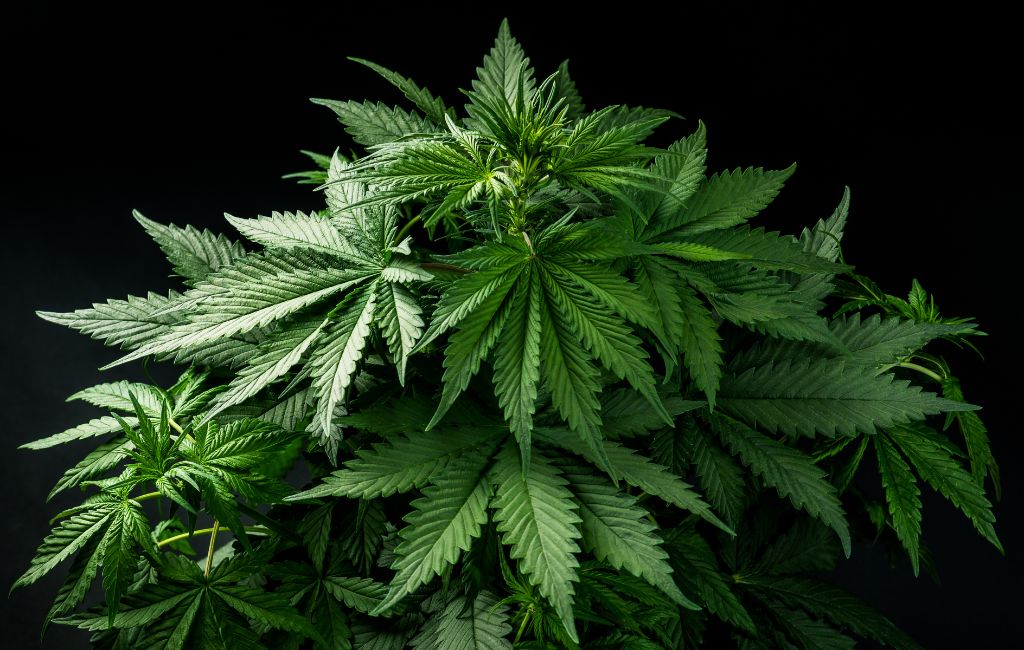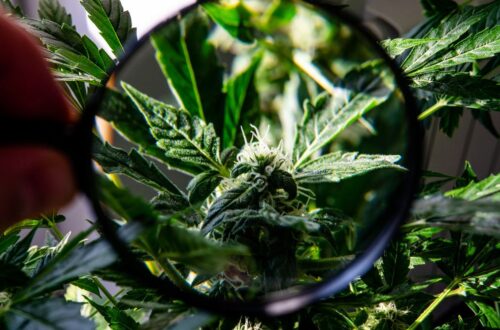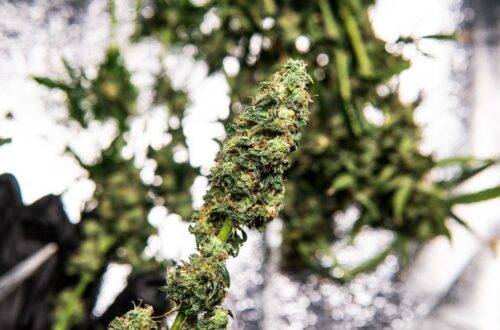Understanding THCa Flower vs THC
The cannabis industry has seen significant growth and evolution over the past few years. With this expansion comes a deeper understanding of the plant’s components, particularly THCa and THC. These compounds, while related, have distinct properties and effects. This article explores the differences between THCa flower vs THC, providing insights into their unique characteristics and uses.
What is THCa?
THCa, or tetrahydrocannabinolic acid, is a non-psychoactive cannabinoid found in raw cannabis plants. It is the precursor to THC, the compound responsible for the psychoactive effects associated with cannabis consumption. THCa is abundant in fresh cannabis and begins to convert to THC when exposed to heat through a process called decarboxylation.
Benefits of THCa
Research suggests that THCa may offer several potential health benefits without the psychoactive effects of THC. Some of these benefits include:
- Anti-inflammatory properties
- Neuroprotective effects
- Anti-emetic (anti-nausea) potential
- Possible anti-cancer properties
These benefits make THCa an attractive option for individuals seeking therapeutic effects without the high associated with THC.
Understanding THC
THC, or delta-9-tetrahydrocannabinol, is the most well-known cannabinoid in cannabis. It is responsible for the psychoactive effects that many users experience. THC is formed when THCa undergoes decarboxylation, typically through smoking, vaping, or cooking.
Effects of THC
THC is known for its ability to alter mood, perception, and cognition. Some common effects include:
- Euphoria
- Relaxation
- Altered sensory perception
- Increased appetite
While THC is popular for recreational use, it also has therapeutic applications, such as pain relief and appetite stimulation.
THCa Flower vs THC: Key Differences
Understanding the differences between THCa flower and THC is important for consumers and medical patients alike. Here are some key distinctions:
Psychoactivity
THCa is non-psychoactive, meaning it does not produce the high associated with cannabis use. In contrast, THC is psychoactive and is responsible for the mind-altering effects of cannabis.
Consumption Methods
THCa is typically consumed in its raw form, often through juicing or as a dietary supplement. THC, on the other hand, is consumed through smoking, vaping, or edibles, where heat is applied to convert THCa to THC.
Legal Status
The legal status of THCa and THC varies by region. In some areas, THCa is legal due to its non-psychoactive nature, while THC may be restricted or regulated.
Case Studies and Research
Several studies have explored the potential benefits of THCa and THC. For instance, a study published in the British Journal of Pharmacology highlighted THCa’s anti-inflammatory properties, suggesting its potential in treating inflammatory conditions. Another study in the Journal of Clinical Investigation found that THC could help reduce chronic pain in patients with multiple sclerosis.
These studies underscore the therapeutic potential of both compounds, though more research is needed to fully understand their effects and applications.
Choosing Between THCa and THC
When deciding between THCa and THC, consider the desired effects and legal considerations. THCa may be preferable for those seeking therapeutic benefits without psychoactivity, while THC may be suitable for those looking for both recreational and medicinal effects.
Consulting with a healthcare professional or cannabis expert can provide additional guidance tailored to individual needs and preferences.
Conclusion
THCa and THC are two distinct compounds within the cannabis plant, each offering unique benefits and effects. THCa provides potential therapeutic benefits without psychoactivity, while THC is known for its psychoactive properties and therapeutic applications. Understanding these differences can help consumers make informed decisions about their cannabis use, whether for recreational or medicinal purposes.
As research continues to uncover the complexities of cannabis, both THCa and THC will likely play significant roles in the future of cannabis-based therapies and products.





